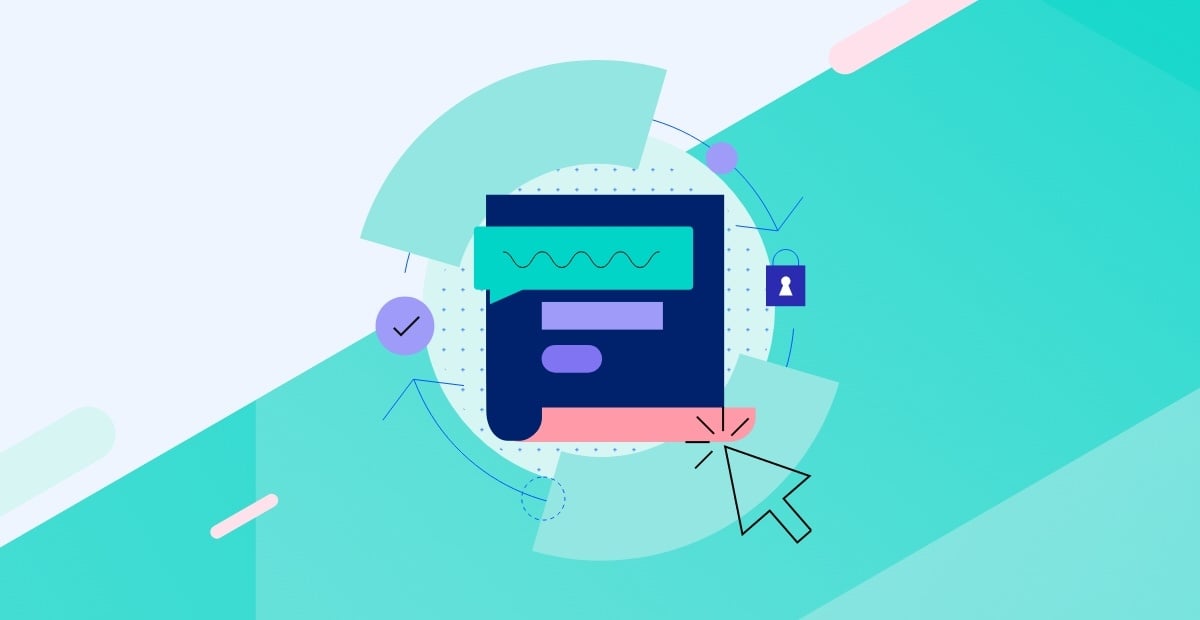Digital Transformation With Legaltech: An Attorney’s Perspective

Why is it that lawyers are slow to adopt technology when it comes to all that paper?
Most of us can agree that digital transformation is a way of describing a company’s attempt to reduce paper usage by converting documentation to digital formats and processes. The pros and cons of doing so are many and varied, but few can deny that once documents are in a digital format they become more versatile and are easily disseminated when necessary.
On the other hand, is versatility and easy dissemination a positive step? What about security? Is the legal industry ready for digital transformation, given the rise of e-discovery litigation in recent years?
Unfortunately, the rise of legaltech has done little to advance digital transformation and barriers to technology adoption remain.
“The biggest problem with the legal profession moving to paperless is a mentality of being satisfied with the status quo. Attorneys who have been working with paper folders for years see no need to change. You can even explain the value of moving to a cloud-based system with document automation, and they will give excuses as to why it won’t work for them,” said Frank A. Urbanic, Criminal defense attorney at The Urbanic Law Firm, PLLC in Oklahoma City.
Resistance Is Futile
Believing change is necessary, Urbanic is a technology advocate and said, “More clients, and potential clients, are going to be increasingly viewing attorneys who use paper folders as out of touch. The newer generations are accustomed to an ever-increasing reliance on technology. While attorneys today might still be able to get away with managing files with paper folders, that will not always be the case. Attorneys who start now will be just that much more ahead of the attorneys still using paper when the tipping point occurs.”

To insert a nerdy Star Trek TNG quote, “Resistance is futile and you will be assimilated!” (All credit to the Borg for these insights.) In a digital age, avoiding technology or maintaining paper-based processes does not make sense and it only a matter of time before paper-based options are obsolete.
It’s easy to blame legal professionals but it’s not all their fault.
“I think the systems used by the courts that attorneys have to work with make it easy to excuse an attorney’s avoidance of going paperless. For example, some courts still require documents to be faxed or mailed instead of emailed. Most counties, in Oklahoma at least, don’t have a digital way of sharing discovery with criminal defense attorneys. Therefore, paper copies must be picked up and scanned in,” said Urbanic.
To an attorney who still uses paper folders, that would be considered extra work, added Urbanic, “and they don’t see the future value of having that discovery in digital form.”
Luckily, there are signs of improvement.
“However, some counties do digitally share discovery. The trend towards more digital distribution of discovery is encouraging. The trend is certainly not towards more paper. The sooner attorneys realize this, the better positioned for the future they will be,” said Urbanic.
Leading By Example
While digital processes in criminal law are limited at the time of writing, Urbanic has already raised eyebrows by embracing digital solutions and avoiding paper folders, except where legal processes do not have a digital option.
“People look at me funny when I break out my Surface Pro 4 in the courtroom to talk about my cases with prosecutors. I might be the only attorney in Oklahoma who practices law like this. That doesn’t bother me because what I’m doing is cutting-edge. I believe that people will eventually think it’s odd to see attorneys carrying around paper files,” said Urbanic.
He is in fact preparing for the future and assuming that efficiency will supersede initial investment costs as the court and legal system evolves.
“As time goes on, I automate more documents. I put more contacts into my case-management system. I grow my firm’s knowledge through our digital knowledge-capturing tools. Most other attorneys simply aren’t doing these things. They will be playing catch up when I’m operating a lean and efficient law firm. I’m able to bring greater value to my clients by implementing these efficient processes,” said Urbanic.
Does Going Digital Add Or Reduce Risk?
Urbanic is a criminal defense attorney in a state where mandatory electronic filing is far from commonplace. Yet, he insists that his digital approach makes sense, and not just because he can easily access all client files, including video and audio.
“I believe going digital reduces risk. The response I get when I tell this to people with paper folders is something like, “Well, what if your computer crashes or gets stolen?”. I respond by asking them what would happen if their office caught on fire. Their folders are gone and will never be seen again. All my files are safely saved in the cloud," said Urbanic.
This is certainly a valid argument that extends to disaster recovery and business continuity processes.
“All I need to do is get a new computer, sync it with the cloud, and I’m back in business with little, if any, client info lost. My Surface Pro is password protected and encrypted. And, my firm uses cloud-based systems that implement the highest levels of security. It’s easier for someone to break into a law office and steal a file than it is to get data off a cloud-based system designed for the storage of client files,” said Urbanic.
The key takeaway is that security remains important when adopting new technology. By using encryption, passwords and secure cloud solutions, Urbanic is protecting his company and clients from data loss. This is an important consideration in digital transformation.
In conclusion, the benefits of collaboration (the cloud, internet of things, etc.) and highspeed broadband are obvious and can easily be applied to the legal industry, once regulations mandate electronic filings.
However, Urbanic has some advice to offer to those considering digital transformation.
“I think the ability to work on any client's case outside the office will grow in importance. This means the attorney must have a mobile cloud-based case management system. I’m likely the only criminal defense attorney in Oklahoma whose firm is designed for this mobile capability. Attorneys who can work on cases anywhere at any time will be able to resolve issues quicker, capture data better, and ultimately bring greater value to clients. Clients are growing more tech savvy as time goes on, so lawyers should too. Therefore, clients are going to expect their attorney to be equally as tech savvy. As time goes on, more and more clients will see an armful of folders and perceive that as being wasteful and inefficient.”
With healthcare already reaping the benefits of a digital customer service model and futuretech investment, it is certainly possible for the legal industry to do the same, perhaps finally providing a means to distinguish the much maligned ‘ambulance-chasers’ from true professionals. What do you think? Is digital transformation a worthy goal or is it better to wait until legislation forces the change to digital?
As Urbanic said, “I always tell my clients that I will never have to say, “I can’t talk about your case until I get back to my office to get your file.”” Is the same true for your company? If so, well done, if not, then you need to improve.

Michael O'Dwyer
An Irishman based in Hong Kong, Michael O’Dwyer is a business & technology journalist, independent consultant and writer who specializes in writing for enterprise, small business and IT audiences. With 20+ years of experience in everything from IT and electronic component-level failure analysis to process improvement and supply chains (and an in-depth knowledge of Klingon,) Michael is a sought-after writer whose quality sources, deep research and quirky sense of humor ensures he’s welcome in high-profile publications such as The Street and Fortune 100 IT portals.
